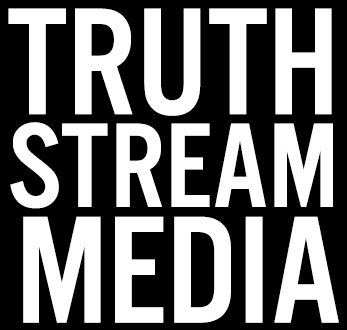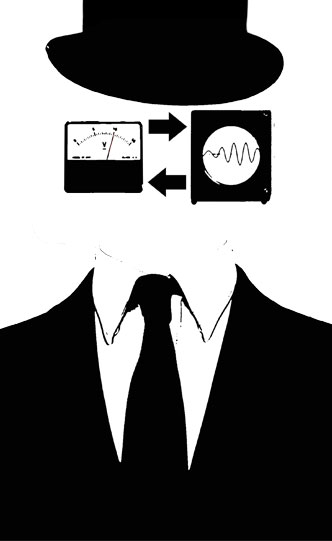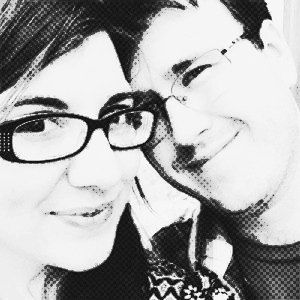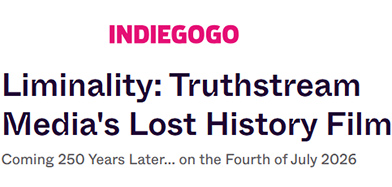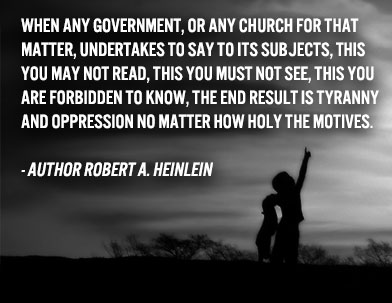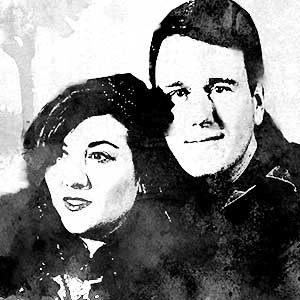Brave New World vs 1984: Huxley Tells Orwell “I Was Right”
Here’s our latest video – another Brave New World/ 1984-themed piece, in conjunction with the recent report “Understanding the Fabian Window”.
The current video hinges upon the 1949 letter that Aldous Huxley sent to George Orwell shortly after the latter published 1984, and shortly before he died.
In this correspondence, Huxley not only makes clear that he believes his own Brave New World trumps the vision of Orwell’s 1984, but that CONDITIONING is the key to the control of the future. The grim, nightmarish world-to-come, if it hasn’t already begun to grip around us, will not be based upon naked tyranny and torture, but a subtle venom of conditioned comfort with the system-that-shouldn’t-be.
According to Huxley, it will be a combination of psychology and physiology which will control the man of the next – and potentially final – revolution, a world in which servitude, diabolically disguised as leisure, will define mankind’s condition. The world is eerily similar to the one also imagined by the cyberneticians which we covered in “The Minds of Men” – the idea that changes to man’s perception of his environment would account for his relative bliss; that psychology and physiology would regulate man’s condition primarily through his nervous system; that input-output feedback loops would create the metabolism of comfortable culture.
It also happens to fit, quite nicely, with the age of the internet and technology more broadly, which interacts rather directly with the nervous system; mechanisms that trigger certain emotions, and generally bypass the conscious brain in establishing norms. None of this is healthy for a truly free people – whatever that might be, and wherever it might have been recognized and present in our history as humans.
